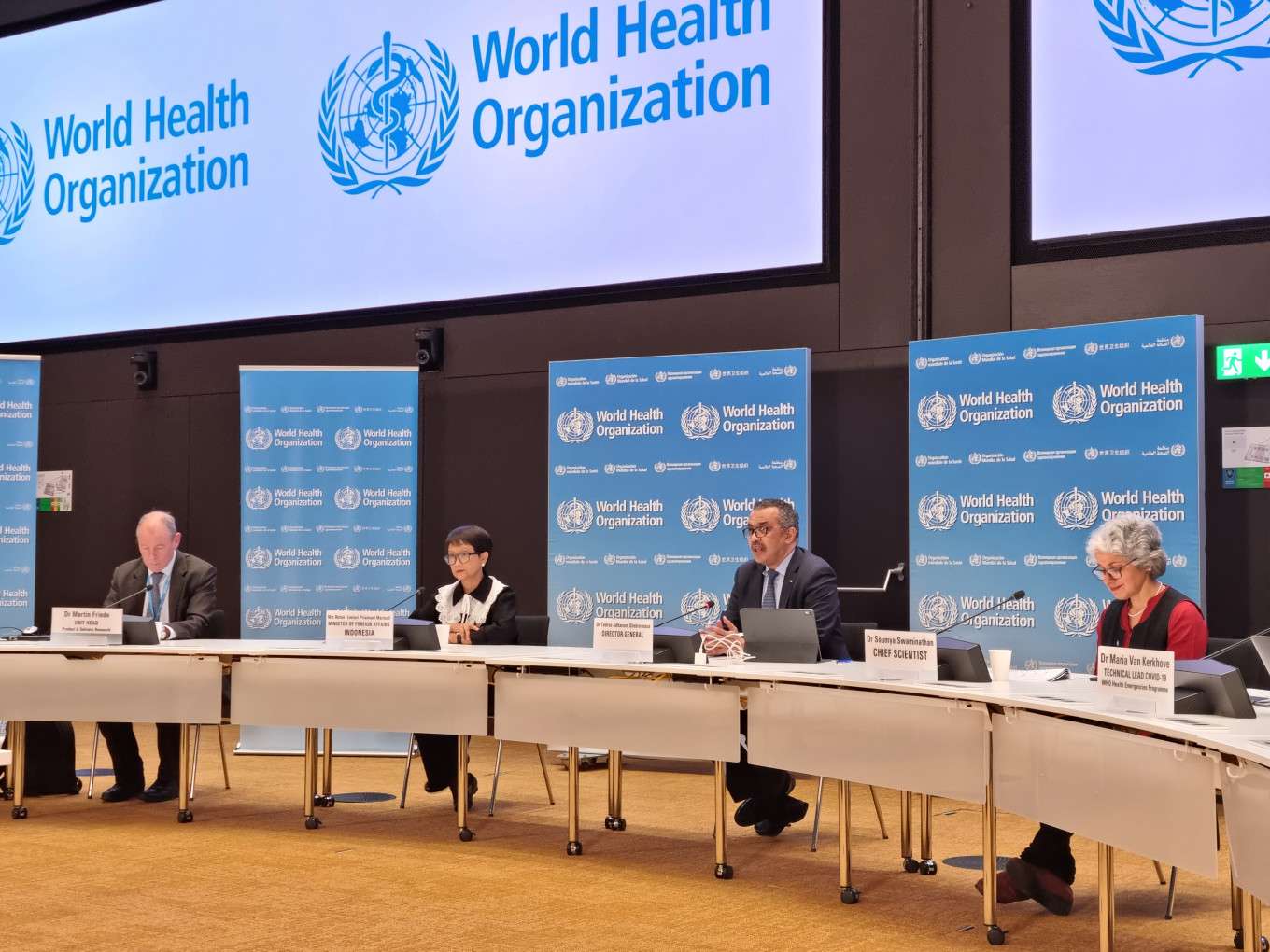
In an effort to tackle the persistent threat of healthcare-associated infections (HAIs) and antimicrobial resistance (AMR), leaders from across the globe have endorsed a comprehensive global action for Infection Prevention and Control (IPC).
The healthcare leaders worldwide convened at the ongoing Seventy-Seven World Health Assembly, holding in Geneva, Switzerland, to deliberate and chart the way forward on prevention and management of infectious diseases.
In a statement made available to journalists, the delegates recognised the critical need for coordinated action, as the new plan outlines clear strategies, indicators, and targets to strengthen IPC efforts at both national and facility levels.
They emphasised the urgency of the situation with recent outbreaks, including Ebola and COVID-19, which plainly illustrated how gaps in infection control measures can aggravate public health crises.
The endorsement of the plan, they said signals a collective resolve to fortify healthcare systems against infectious threats and advance the goal of universal health coverage for all.
Among the key interventions highlighted in the plan are initiatives to promote hand hygiene, ensure access to high-quality water, sanitation, and hygiene services, and enhance surveillance and monitoring of HAIs.
Delegates stressed that achieving the plan’s objectives will require unwavering political commitment, dedicated financing, and sustained implementation.
By prioritising IPC initiatives, the global health community aims to mitigate the burden of HAIs, curb the rise of antimicrobial resistance, and ensure that every individual has access to safe healthcare by 2030.
The World Health Organization (WHO) has also pledged to play a pivotal role in supporting Member States in implementing the plan, with regular progress reports slated to be submitted to the Assembly starting in 2025.
This collaborative effort underscores the shared commitment of nations to safeguard public health and build resilient healthcare systems capable of withstanding the challenges posed by infectious diseases.










